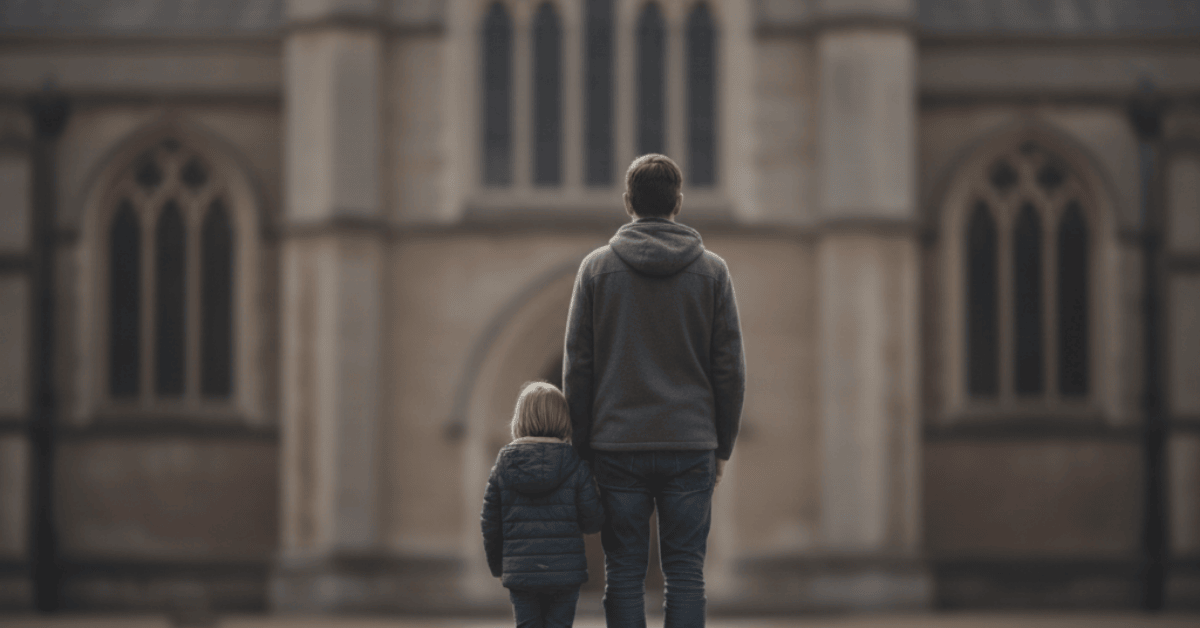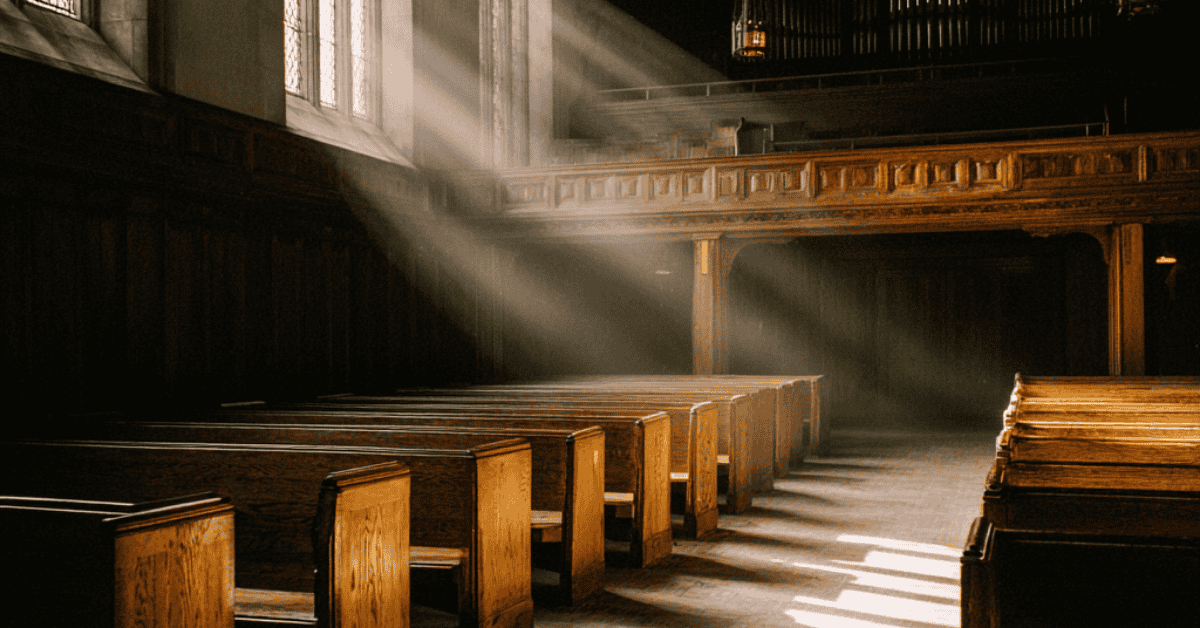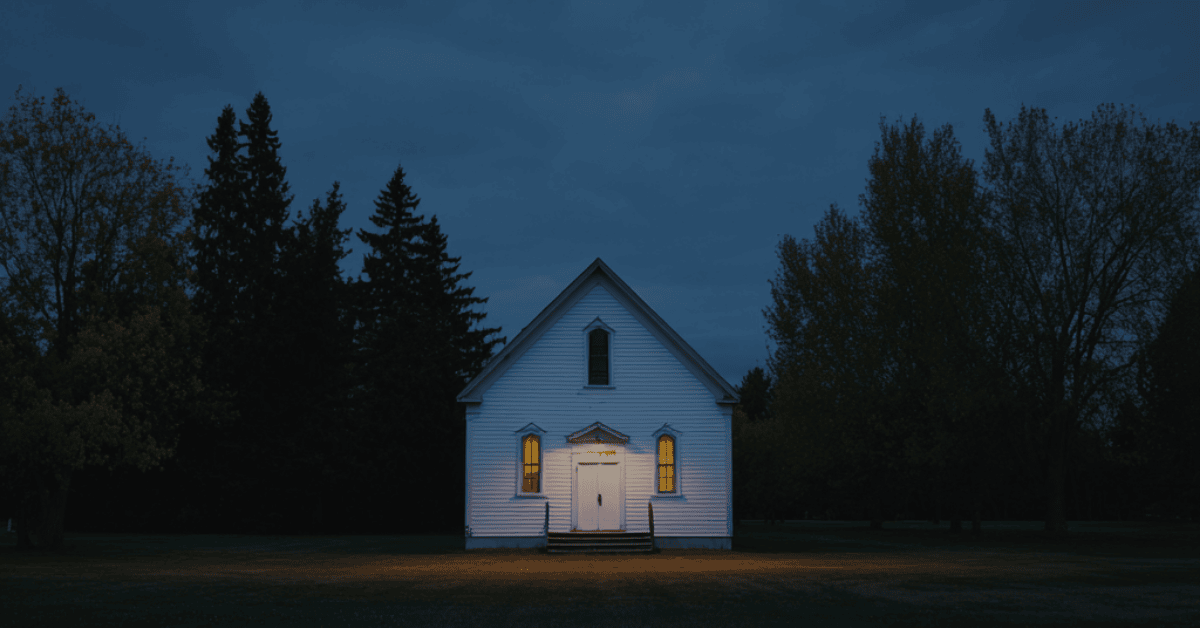Why Southern Baptist Abuse Cases Are Different from Catholic Church Cases
Some stories are louder than others. When the Catholic Church abuse crisis became national news, it shook America — and rightly so. But for every headline about a Catholic priest, there’s a quieter, harder-to-trace story involving a Southern Baptist pastor or volunteer. If you’ve survived abuse in either system, you might be wondering: Why do Baptist church abuse cases feel so different?
It’s not just perception. The legal and structural differences between Catholic and Southern Baptist abuse cases are real — and they matter, especially if you’re thinking about reporting, suing, or seeking justice in Arkansas. Survivors and parents of survivors deserve clarity, so let’s break down the key distinctions.
Learn how we handle Southern Baptist church abuse cases
Who’s in Charge? Structure Isn’t Just Theology — It’s Legal Strategy
The Catholic Church is hierarchical. From the Vatican to the diocesan bishop to the local parish priest, there’s a clear chain of command. In abuse cases, this makes it easier to identify who’s responsible — and who can be sued.
But the Southern Baptist Convention (SBC) is a different animal entirely.
Southern Baptist churches are autonomous. That means each congregation runs itself — hires its own pastors, sets its own policies, and controls its own records. The SBC, while influential, claims it doesn’t govern local churches. This “hands-off” model can make lawsuits more difficult.
Think of it this way: Suing the Catholic Church is like suing a corporation with clear departments. Suing a Baptist church? More like trying to sue a franchise that claims it’s not responsible for what its local operators do.
The SBC has used this autonomy as both shield and sword. Survivors often hear: “We can’t help you — that’s not our church.” Even though the SBC sets the tone, trains pastors, and benefits from the shared brand, it has historically distanced itself from accountability when abuse is exposed.
Legal Accountability: Who Can Be Sued in Each System?
In Catholic abuse cases, survivors often file against the diocese, which is the official legal body overseeing parishes in a region. Dioceses are responsible for moving priests, covering up misconduct, and failing to report abuse — and the law often sees them as accountable.
With Southern Baptist churches, it’s not that simple.
You can usually sue the individual church where the abuse occurred. But what about the pastor’s mentors, seminary, or the national convention? That’s where things get messy. Courts often side with the SBC’s claim of non-control — unless there’s strong evidence of knowledge and coordination.
The Baptist church’s legal defense strategy often goes like this: “That wasn’t us. We didn’t know. We don’t control them.”
It’s a maze survivors are forced to navigate — all while reliving the trauma.
Read about a survivor who came forward after abuse at Central Baptist Church in Magnolia
Silence vs. Exposure: Why Catholic Abuse Got More Attention
There’s a reason Catholic abuse cases got so much media traction. The church kept detailed records. It moved abusive priests from parish to parish — and people documented it. When the scandal broke, it broke big.
The Southern Baptist world operates differently.
There’s no central recordkeeping. Many churches have no HR departments, no required reporting systems, and no formal disciplinary processes. Background checks are hit-or-miss. Accused pastors often just disappear — only to resurface in another pulpit.
It creates a perfect storm for repeated abuse and minimal accountability.
What’s more, survivors in Baptist churches often face intense community backlash. Tight-knit congregations may defend the abuser, especially if he’s charismatic or well-liked. Victims are labeled liars, divisive, or “tools of the devil.” That kind of spiritual gaslighting can be more damaging than the assault itself.
Parents of abused children may also be pressured to “forgive and forget,” sometimes with threats of excommunication or public shame. In Catholic parishes, survivors may face cold bureaucracy. In Baptist churches, the rejection is often personal, emotional, and public.
Arkansas and the SBC: Not Just a Southern Problem — A Local One
Abuse in the Southern Baptist church isn’t some far-off problem in Texas or Georgia — it’s here in Arkansas.
One high-profile case involves Central Baptist Church in Magnolia, where a survivor came forward alleging sexual abuse by a church leader during her childhood. The lawsuit revealed patterns of concealment, victim-blaming, and a culture that refused to believe the victim.
Get details about the Central Baptist lawsuit in Arkansas
It’s not an isolated case. Survivors across the state have reported abuse in youth programs, counseling sessions, and missions trips — often by individuals in positions of unchecked spiritual authority.
Unfortunately, Arkansas’s rural nature and strong Baptist roots can create a hostile environment for survivors. When “everyone knows everyone,” coming forward can feel like social suicide.
But silence helps no one — except the abuser.
So, Is It Harder to Sue a Baptist Church?
In many ways — yes.
If you’re wondering, “Is it harder to sue a Baptist church?” — the answer is often yes, but not impossible. The legal pathways exist, but they require strategic handling.
Here’s what makes it tougher:
- No centralized leadership to hold accountable
- Few official records to track misconduct
- Autonomy defense — the SBC denies responsibility
- Community protection of abusers
- Victim shaming disguised as “biblical correction”
But that’s not the whole story. Survivors are winning cases. Judges and juries are starting to see through the SBC’s playbook. With the right legal team, it’s possible to pierce the veil of autonomy — especially if there’s a pattern of cover-up or institutional negligence.
Survivor Stories Are Different — But Their Rights Are the Same
If you’re asking, “Is SBC abuse like Catholic abuse cases?” — the trauma may be similar, but the experience of seeking justice is often very different.
Catholic survivors usually face a slow-moving institution. Baptist survivors face a fast-moving denial machine. Catholic systems try to “manage” the scandal. Baptist systems try to pretend it never happened.
But either way — you still have legal rights.
The courts do not require churches to confess sin before survivors get justice. The law is there to protect you, whether the abuser wore robes or a suit, whether the church had a bishop or a board of deacons.
You don’t need your community to believe you in order to file a case. You just need someone who does — and who knows how to fight for you.
How to Report Southern Baptist vs Catholic Abuse
If you or your child were abused in either system, here are your first steps:
- Write everything down. Don’t worry about getting it perfect — just record what happened, when, and who was involved.
- Report to law enforcement. Even if years have passed, reporting creates a legal record.
- Seek trauma-informed legal advice. Not every attorney understands the religious and structural nuances. Make sure yours does.
- Ask questions. You deserve answers. Ask:
- What makes SBC abuse different?
- Can we sue the national convention?
- What if the church denies everything?
Support for Southern Baptist vs Catholic Abuse Victims
No matter the denomination, abuse is never your fault.
And just because the church didn’t protect you doesn’t mean the law won’t.
Whether you’re a survivor or a parent, you deserve support that respects your story, validates your pain, and pursues justice with precision — not platitudes. And you don’t have to do it alone.
You’re not wrong. You’re not broken. You’re not without options.
Justice may look different between systems — but it’s still justice.



